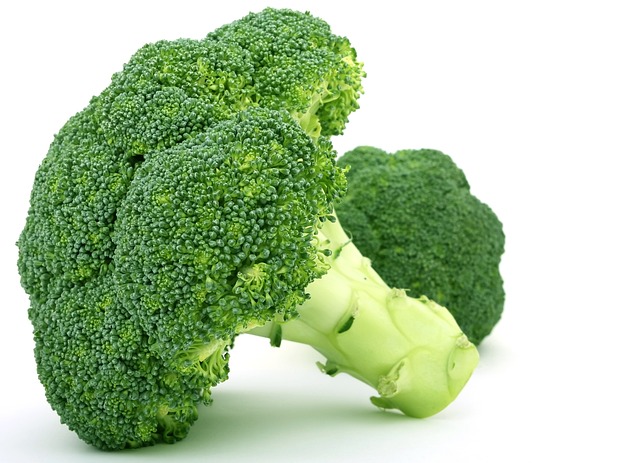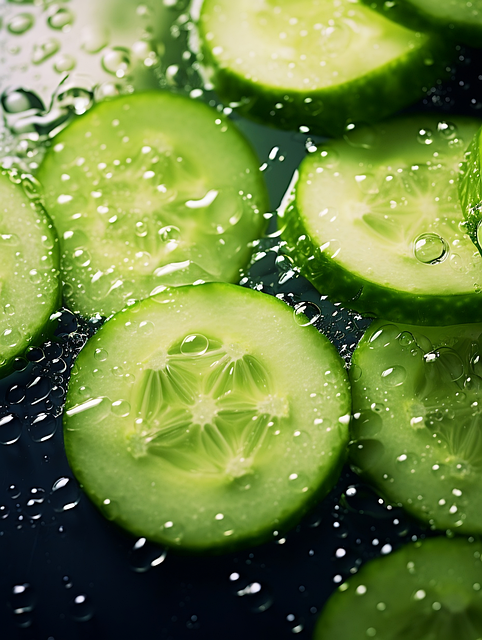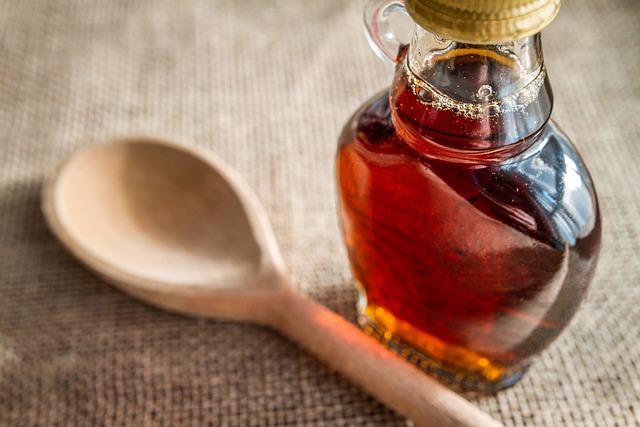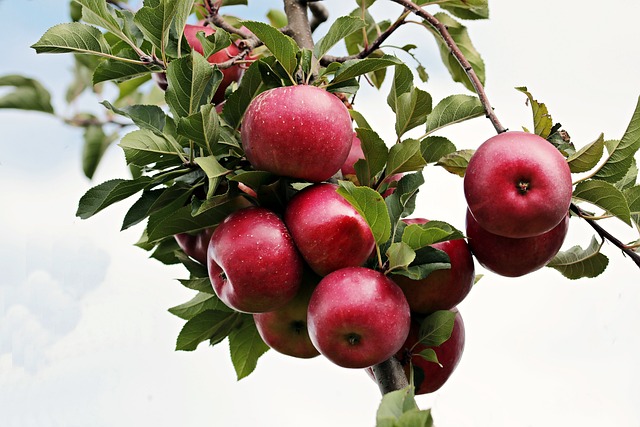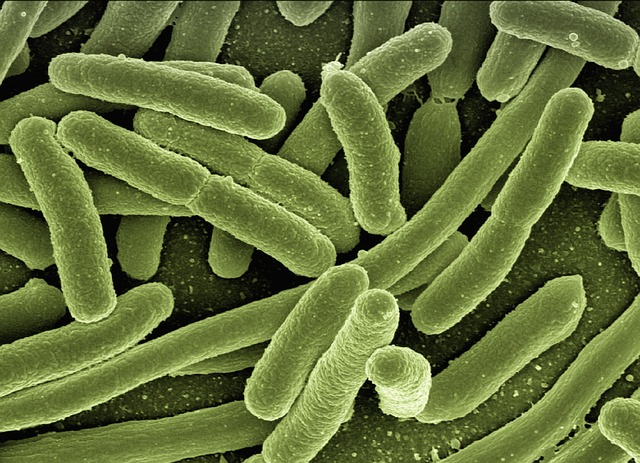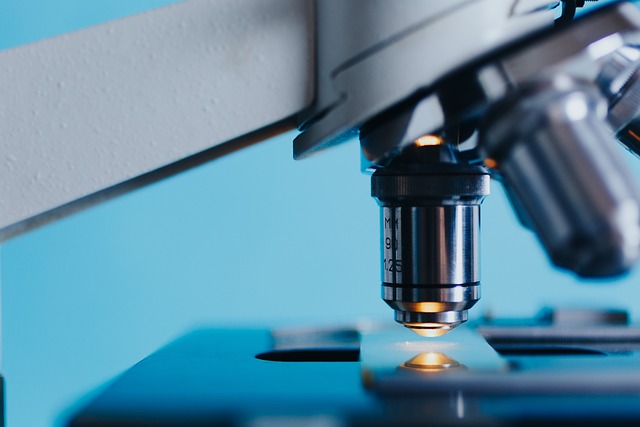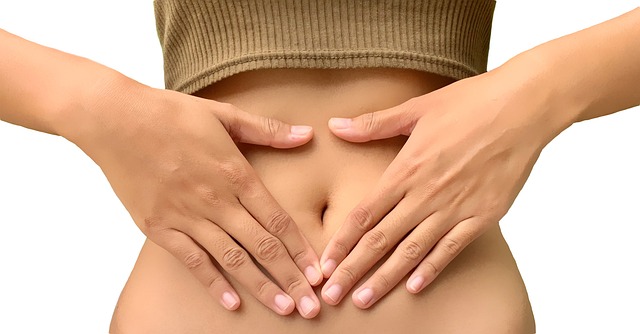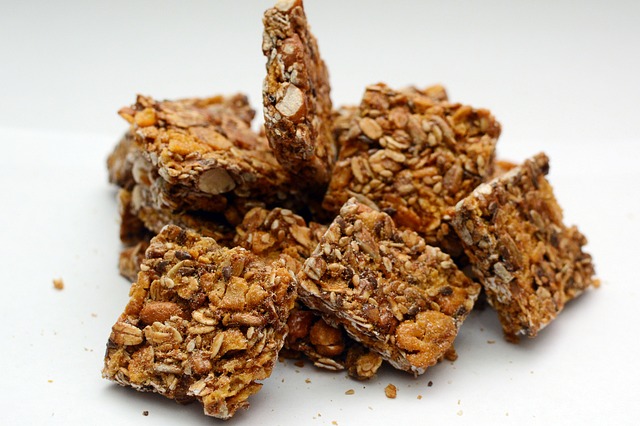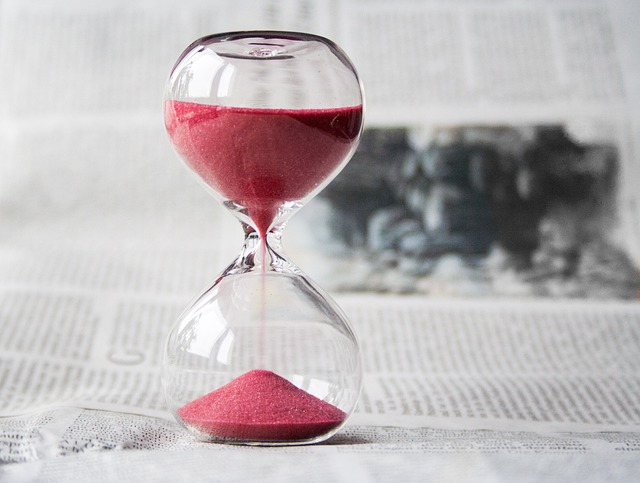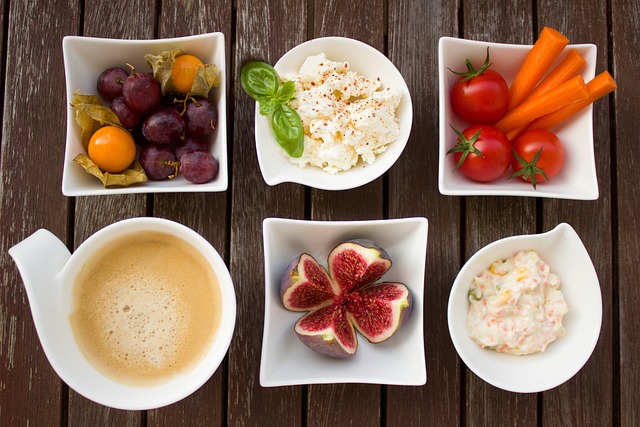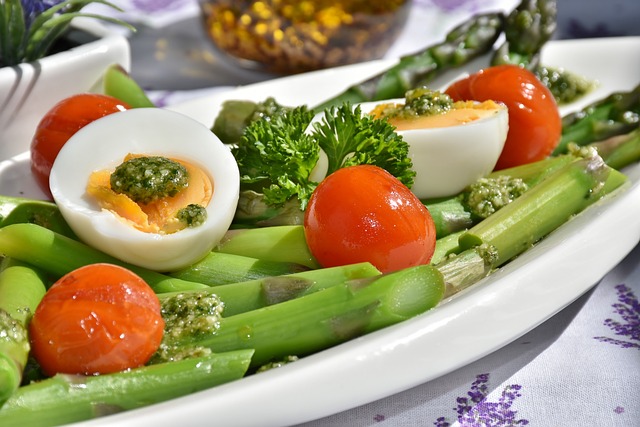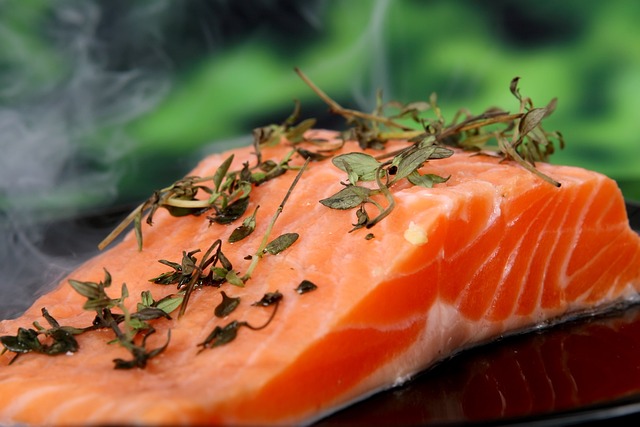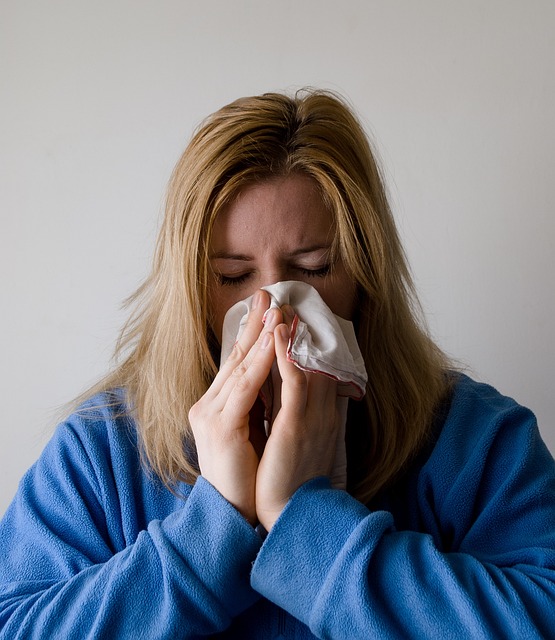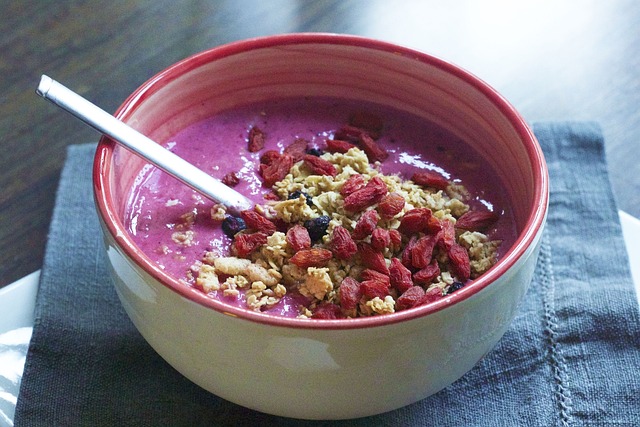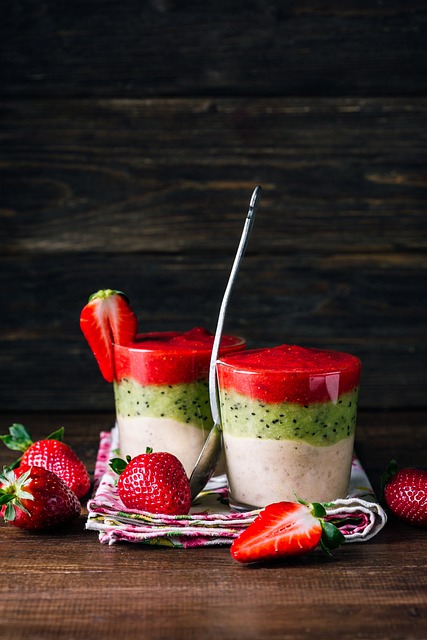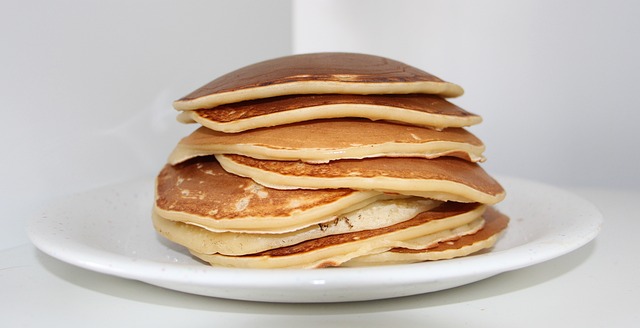
Gut Health & Hormones: What’s the Link?
Someone had a great question the other day – is your gut health related to your hormone health. The answer: Yes! It absolutely is!! So here’s a bit of background about gut health and hormones, what the links are, and three actions you can take to help avoid problems in the future.
It’s astonishing how many women get really bad gut problems at the time of their period, or problems that become really pronounced around the time of the perimenopause. This is because both oestrogen and progesterone have direct effects on the sensitivity and motility of your gut.
It works the other way around too – the state of your gut really effects your hormones too.
Gut Health & Hormones – the stress link
Alcohol, medications, food intolerances and stress can all cause inflammation in the gut. You probably won’t know you’ve got inflammation in your gut, but if you’ve got symptoms like PMS or perimenopause it’s highly likely.
If your sugar cravings are starting to get to you, check out the Ultimate Gut Health Programme which contains a wealth of information to help you nourish your gut to balance your hormones. Click here for more info.
Hormones are linked to mood and 90% of our main mood hormone – serotonin – is made in the gut. It does a different job in the gut to the brain, but most of it is produced in the gut.
Gut Health & Hormones – the bacteria link
However, the main issue I wanted to highlight in this post is that our friendly bacteria play a vital role in how oestrogen is balanced in the body.
In an ideal world, oestrogen is produced by the ovaries, circulates around the body to where it’s needed, gets inactivated by the liver once its done its job THEN makes a swift exit through your digestive system
But problems can strike if you don’t have the correct balance of bacteria throughout your gut, i.e., too many bad guys and not enough good ones. Some bacteria create an enzyme called beta-glucuronidase which reactivates the oestrogen in your gut. and sends it spiraling about through your system again.
This is really not ideal and we end up with oestrogen overload happening.
- This makes periods heavier
- Contributes to conditions such as fibroids
- Gives many of the unwanted symptoms associated with the menopause
- May even contribute to some cancers
So you can see here how a healthy gut and healthy hormones are very closely linked. If you have a healthy balance of gut bacteria, that will help keep hormones at the right levels. Then with your hormones at the correct levels, you’ll have fewer gut problems.
If you want to finally get a handle on your gut health (and help your hormones in the process) I’d highly recommend downloading my online course The Ultimate Gut Health Programme to help you balance your meals optimally, and therefore help avoid the dreaded hormone symptoms.
It’d be impossible to include all you need to know in one blog, but the programme will have all you need to know to ensure you’re soothing your digestive system, whilst eating delicious and filling foods.
Gut Health and Hormones: Healthy Oestrogen Levels
So, what can you do to help ensure you have healthy oestrogen levels? Or if you’re noticing your gut health really suffering because of perimenopause. Or even if you suspect your hormone health is out of kilter because of your ongoing gut problems.
Here are a few tips to get you started:
Cruciferous vegetables – a vital tool for great gut health and hormone levels
Ensure you’re eating plenty of fibre, especially cruciferous veg – broccoli, cauliflower, kale etc. These contain the important compound Indole 3 carbinol which is broken down into DIM (3,3-Diindolylmethane) which helps your liver process oestrogen.
Hydration & Probiotics
Drink plenty of filtered water and keep hydrated.
Get some probiotic foods into your diet, for example sauerkraut, kefir and kimchi.
That should get you off to a good start with our gut and hormone health.
If you would like to speak to me about any aspect of your gut health, then please use this link to book into my diary for a FREE 30 minute chat so I can find out more about what is going on for you. Alternatively please use the ‘Learn More’ link below.
Free Mini Programme
Would You Like to Learn How to Fix Your Digestive Symptoms, Beat the Bloat and Feel Amazing?
1:1 Coaching Plans
Get Ready to Permanently Beat the Bloat, Soothe Your Digestion and Feel Amazing
Ultimate Gut Health Programme
Delicious, Filling & Inspiring ways to Become Symptom-Free, Soothe Your Gut and Enjoy Your Food Again!

